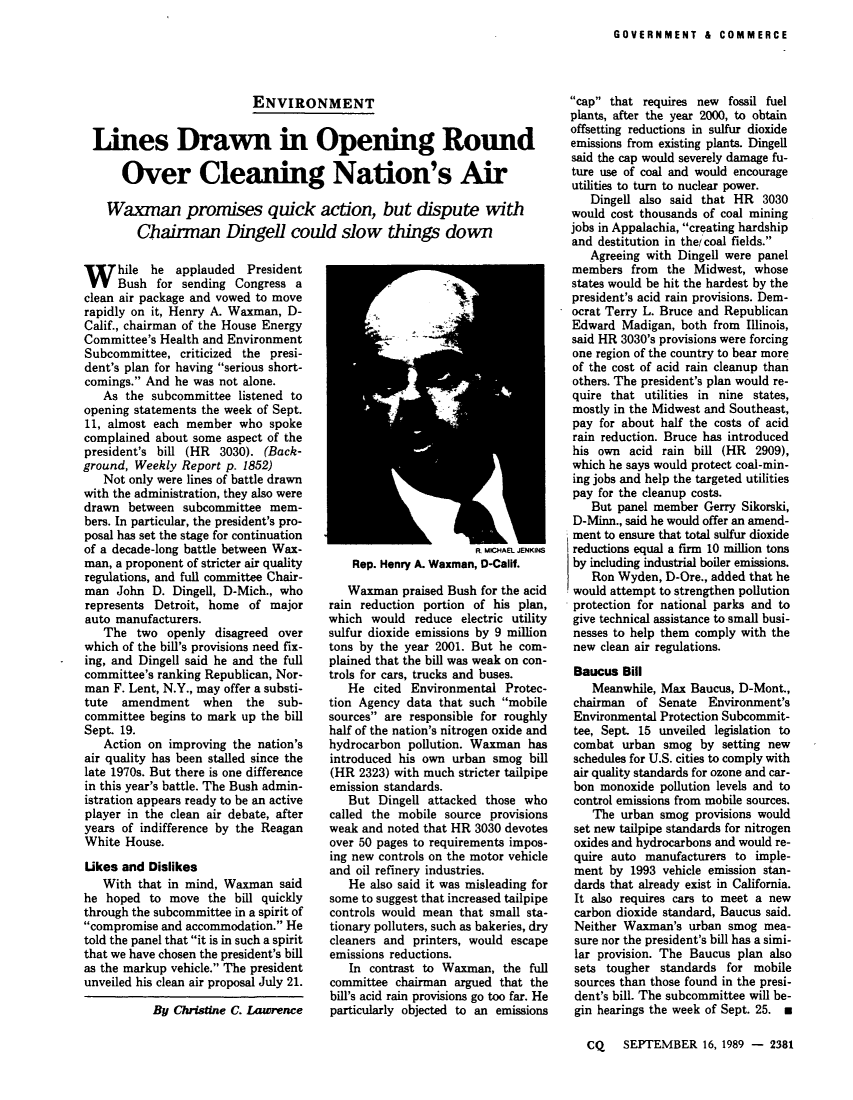HeinOnline is a subscription-based resource containing thousands of academic and legal journals from inception; complete coverage of government documents such as U.S. Statutes at Large, U.S. Code, Federal Register, Code of Federal Regulations, U.S. Reports, and much more. Documents are image-based, fully searchable PDFs with the authority of print combined with the accessibility of a user-friendly and powerful database. For more information, request a quote or trial for your organization below.

